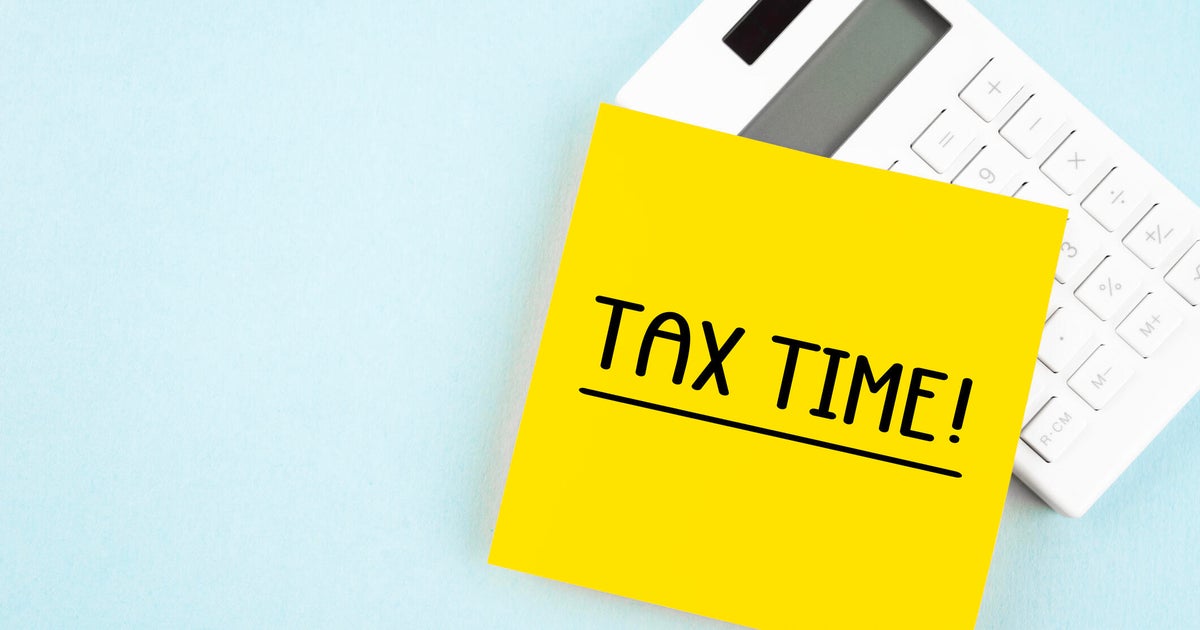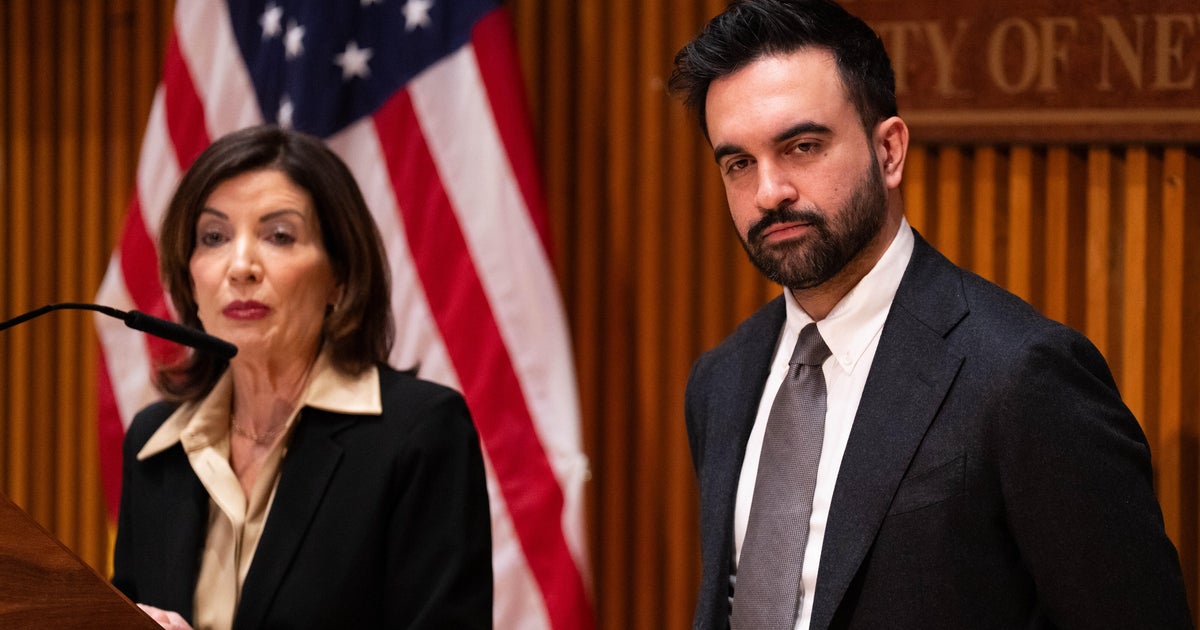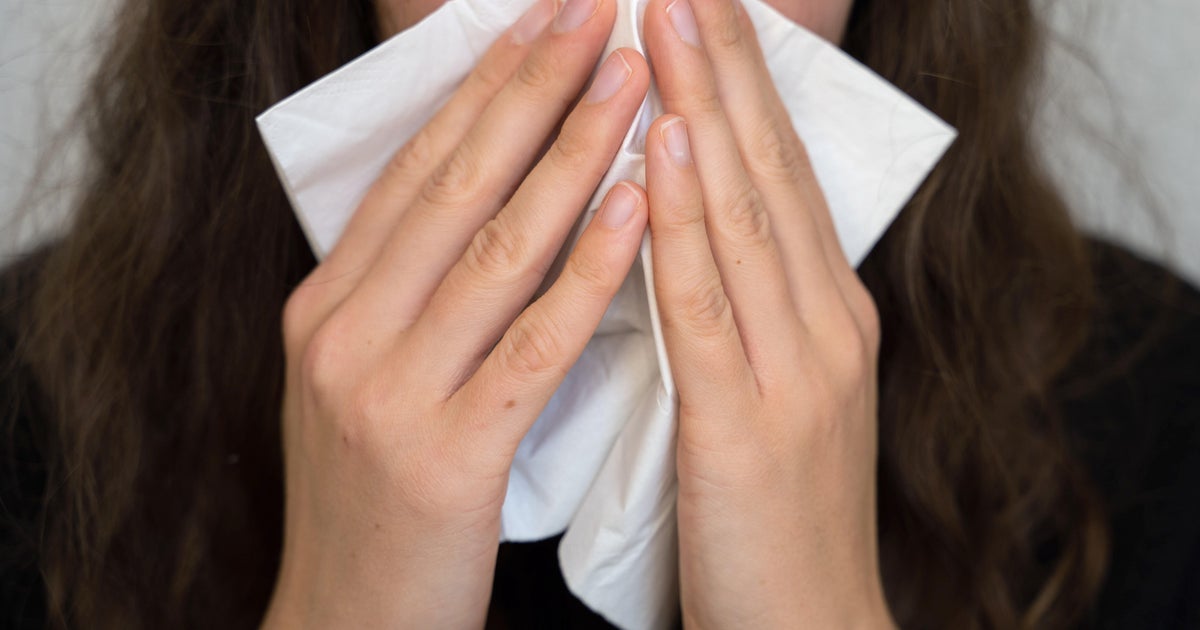Most Americans couldn't cover a $1,000 financial emergency, survey finds
Fewer than 4 in 10 Americans have enough money set aside to cover an unexpected $1,000 expense, such as a trip to the ER or car repairs, according to a new survey.
The nationwide poll, conducted in December by Bankrate and released Monday, illustrates the widespread economic insecurity following the coronavirus pandemic, which has magnified a sharp rise in inequality over the last 40 decades. The provider of financial advice for consumers found that only 39% of respondents could handle a surprise bill for that amount, while another 38% would have to borrow the money through credit cards, family or other means.
"The precarious state of Americans' emergency savings has been further set back by the pandemic, with nearly as many needing to borrow to cover a $1,000 unplanned expense as those that can pay for it from savings," Greg McBride, Bankrate's chief financial analyst, said in a statement.
Soaring unemployment caused by lockdowns and business shutdowns last year has forced many Americans to tap their already meager savings. For instance, the recent surge in cases across the U.S. prompted another wave of restaurants and bars having to close their doors, with hiring falling as a result in December.
Eighteen percent of the more than 1,000 adults surveyed said they would finance a $1,000 expense with a credit card and pay it off over time, while 12% would borrow from family members or friends. Another 8% said they'd take out a personal loan.
Many economists, including policymakers at the Federal Reserve, think a broad recovery will take hold in the second half of the year once the COVID-19 vaccine is widely distributed. And Americans, it seems, share that optimism, according to Bankrate's findings. Forty-four percent said they expect their finances to improve in 2021, compared to 14% who expect it'll get worse. Forty percent said they expect their finances to stay about the same.
"Widespread vaccine availability brings the hope of normalcy we've all been craving, and optimism that this year will be better for our finances," McBride said. "For many households, 2021 will be a year of trying to right the financial ship."
Congress and the incoming Biden administration are expected to lend a hand with another financial relief measure, including so-called stimulus checks of as much as $2,000 per person.



